
2024 Progress Report
Cafe Imports was founded on a simple idea – to find the world’s best coffees and coffee producers.
We made friends and wanted to reward the hard work that coffee farmers were doing around the globe so started telling their stories to coffee roasters, supporting them with price premiums, repeat business and exposure to the people who roast their life’s work of coffee. While this is not a novel idea today, back in 1993 when Cafe Imports was founded, this was unheard of. Coffee was sold broadly as from a specific country with some regional information but certainly not the detail of Producer, Farm, Process, or Variety that is ubiquitous today.
The coffee world and the world we live in have changed remarkably since then and coffee farmers continue to innovate in a landscape of new fermentation processes, a troublesome commodities market, high interest rates and inflation.
Even amidst this challenging landscape Cafe Imports has been true to it mission and values of:
• INCREASE the quality of life for those involved—from the tree to the cup—through the commerce of coffee.
• DECREASE our negative impact on the earth through responsible and proactive business practices that emphasize environmental sustainability.
• SHARE our passion for great coffee through education and example.
We use Progress as the name of the program we use to put our money where our mouth is to support programs around the world and in our communities that Increase the quality of life for coffee people, Decrease our negative impact on Mother Earth and Share our acquired knowledge of coffee to help our partners do the same.
We love this company and are proud to have had the same Mission and Values for the many years we have been working in Specialty Coffee. We are thankful for our tremendous producer partners as well as our clients and friends in the pursuit of “Specialty Coffee”
 |
Thank you for your continued support! Andrew Miller Founder |
Our Mission
Throughout 2023, one objective became our true north. It brought us together to reflect on our values and drove us to solidify our commitments to the environment, customers, and suppliers. It challenged us to look at how we contribute to building a more equitable coffee value chain. This objective was to become a certified B Corporation. Not only did we achieve this goal, but we learned a whole lot about who we are and where we want to go along the way!
To attain our certification, we worked with stakeholders across the entire value chain. Customers, suppliers, employees, and subject matter experts contributed to guide us and set the course for how we continue to improve the ways we prioritize both people and the planet. This report provides a look at some of the commitments we’ve made during that process and the progress we’ve made to increase, decrease, and share. Improving our sustainability requires the incredible knowledge and talent of this community we call home, and we’re excited you’re with us on this journey! If you want to talk about anything you read here, we’re just a knock on the door, call, or email away.

Workers
Cafe Imports relies upon 76 incredibly talented, passionate, and hardworking people spread across four offices in Minneapolis – USA, Berlin – Germany, Melbourne – Australia, and San Jose – Costa Rica. Together we hail from 16 different countries or regions, so you never know which language you might encounter in the hallway! We commit to equal pay, and maintaining an inclusive, welcoming, and equitable work environment that supports the physical and mental well-being of our employees. We believe that personal and professional development through exploring the wild world of coffee is key to building a knowledgeable and passionate team, so in 2023, we formalized this by creating a development fund. All employees can use this fund to attend classes, seminars, conferences, job-relevant training, or to explore new hobbies and talents for personal growth.
JEDI (Justice, Equity, Diversity, Inclusion)
At Cafe Imports, our goal is to share data that reflects our culture and workplace diversity, while respecting each employee’s choice to self-identity. The information above shows information collected under federal law for Equal Employment Opportunity (EEO) reporting. In 2023, we put out an open call for any employee interested in joining the newly formed JEDI team. This team reviews and provides consultation on our marketing materials, hiring practices, pay equity, training programs, diversity surveys, and so much more. To get a sense of who we are as a team beyond EEO requirements, a voluntary survey* was conducted in 2023 that yielded responses shared here.
*Participation rate of 78%. In 2023 this survey did not include our warehouse staff. In 2024 we intend to remedy this to ensure better representation across all job and facility types.
Wages
Annually Cafe Imports conducts a wage survey based on position, employee tenure, and location (USA/GER/AUS). We use these three factors and ensure each employee is compensated equitably. Every year we reassess base compensation, and ensure it is aligned with the market based on job class and experience. Using this base compensation review, we remain in the top 85th percentile of wages for all positions relative to the job market.

Environment
Sun, soil, wind, water, and a lot of hard work go into growing coffee and bringing it to customers for them to enjoy. But it’s a delicate crop, relying on a stable environment to flourish. Shifting cycles of rain, extreme heat, soil degradation, changing wind patterns, and increases in diseases and pests all impact where and how coffee is grown, posing some very real social and economic challenges to the future of coffee. Whether driven by the love of our favorite beverage, the livelihoods it represents, or the hope can we reverse the damage, we all play a role in minimizing the impact we have on our planet.
Energy
Energy-efficient office equipment, LED lightbulbs, and minimizing the use of climate control are some of the measures taken by many. But did you know we also operate a solar farm behind our Minneapolis office? Installed in 2015 this farm generates on average 11.35 MWh and offsets about 8 metric tons of carbon per year (or around 23,000 miles of flying). Our goal is to switch at least 50% of our energy consumption to renewable sources by 2026.
Emissions
Visiting farmers, moving coffee around the world, and keeping the lights on are some of the essentials that create the bulk of our greenhouse gas emissions. So, while we will never be completely free of emissions, we are working to minimize our impact and maintain net zero emissions as we grow.
It’s common to see sustainability reports talk about a company’s “Scope of Emissions”. This is a framework to assess direct versus indirect emissions incurred by the running of a business. But what does that mean for importers like us?
Scope 1
Emissions from owned or controlled sources. These could come from company owned vehicles, waste disposal, environmental controls, or most often in other industries from manufacturing. At Cafe Import’s scope 1 emissions are mostly from climate control for storing coffee and running the vehicles and forklifts at our warehouse.
Scope 2
Indirect emissions from the generation of purchased energy. These emissions come from buying electricity from non-clean energy sources and are partially offset by our solar farm in Minneapolis.
Scope 3
Emissions that occur upstream and downstream in the coffee value-chain. This is an importer’s largest source of carbon as we travel to origin to source coffee, commute to the office, move coffee across the globe, and ultimately ship it to a roaster’s door step.
Cafe Imports has been carbon neutral since 2005. We continue to be carbon neutral from port of departure to roastery through partnership with Trees, Water, People and the purchase of carbon offsets.
Our Emissions
To provide flexibility for employees and help reduce our Scope 3 emissions, Cafe Imports is a hybrid workplace, requiring onsite employees to be physically in an office one day a week and otherwise free to work from home during normal business hours. For those who commute to an office, we’ve implemented commuter rewards for low-emission forms of transportation and ride sharing. We also reduce Scope 3 emissions by using efficient shipping methods, moving coffee by sea and rail as often as possible.
Carbon produced through the importation and domestic shipment of coffee
Carbon saved by conscientious commuting and hybrid work (-40t from 2022)
Reducing Our Impact
Trees, Water, People (TWP)
(TWP) is a Fort Collins, Colorado based non-for-profit that aims to create opportunities for people to engage in work which enriches lives and fosters the wellbeing of families, communities, and the planet. As an environmental organization with a human focus, they emphasize the crucial role of people, from the team to the communities they support, in achieving their mission. They prioritize the voices of young people, women, girls, and Indigenous peoples in shaping a sustainable future, collaborating with local organizations, nonprofits, small businesses, and Tribal governments to empower communities. By addressing climate change with urgency, they engage in innovative partnerships with universities and businesses for regenerative solutions. Their approach rejects short-term fixes in favor of long-term, equitable investments, building trust with funders and partners to protect resources and rights for future generations. Cafe Imports currently supports TWP through the purchase of carbon offsets via the construction of clean cookstoves and reforestation initiatives in El Salvador, Honduras, and Guatemala. – Learn More
Total carbon offset in 2023
Total clean cookstoves installed to date
Total trees planted to date
Protecting the environment
We support farming practices that reduce the use of pesticides, herbicides, fungicides, maintain clean water, and ultimately foster biodiversity. These efforts are critical to not only increasing coffee quality, but also promoting healthier communities and lifestyles in coffee growing regions. However, we know that not every farmer has access to the resources necessary for organic farming practices, so we continue to source from farmers who, we believe, keep the environment and their communities at heart. Of all the coffee we sourced in 2023, 100% was GMO-free and 19.6% was organic.
Smithsonian Bird Friendly®
In 2023, the enactment of the European Deforestation Regulation brought the protection of indigenous forests into sharp focus. With mounting pressure to meet the increasing demand for coffee, while we grapple with the effects of climate change and the need to protect forest ecosystems, it is critical to address the social and economic challenges this new regulation presents. One of the ways we’re getting involved starting this year is with The Smithsonian Bird Friendly Certification, which promotes the conservation of critical bird habitats on coffee and cocoa farms and funds research at the Smithsonian Migratory Bird Center through price premiums on certified coffees that have been grown on farms specifically protecting indigenous forests. – Learn More
Product Waste/Waste Reduction
Packaging is a major source of waste in the coffee value chain. Jute coffee sacks, to plastic liners, samples bags, boxes, pallets, and wrapping, there’s a lot of materials involved in moving and storing coffee. To reduce the amount of plastic we use for packaging and shipping we’ve implemented 100% home compostable bags for all our samples and use recyclable materials wherever possible. Of the nearly 1.7 million pounds of packaging we need to bring coffee to roasters around the world, 67.7% of it is either compostable or recyclable.
JavaCycle
If you’ve stopped by our green coffee warehouse, you probably brought the scent of green coffee home with you for at least the next couple days, and saw the mountain of leftover coffee bags we collect from rebagging into smaller containers for our La Bodega offerings. With the coffee industry bringing in about 24 million bags of coffee to the United States in 2023 alone (some jute, some non-recyclable of course), the question for us and often for roasters is; what do we do with all of these?! We’ve donated ours for use as sandbags to fight erosion in coastal areas, as both weed barrier and water retention mechanism in local community gardens, and lately to the Minnesota based organization JavaCycle. We originally connected with them years ago over ways to use coffee chaff from roasting as a fertilizer, and now in the quest for circularity, they’re testing methods to take that mountain of jute and turn it into an alternative growing medium and hydroponic substrate to replace the use of coconut fiber or peat moss when planting. – Learn More

Community
The communities that have shaped and supported Cafe Imports are as diverse as the customers, coffee growers, and employees that make it all possible. Being at the intersection of the communities we supply coffee to and communities that supply coffee to us reminds us of our responsibility respond to their unique needs, build trust, be a partner, and give back. We believe coffee can be a vessel for good, improving the lives of everyone in the value chain along the way.
Suppliers
Our sourcing philosophy is focused on building enduring relationships in communities that rely on coffee. We believe in being responsive to their changing needs and partnering with them to elevate both quality and livelihoods. In 2023, we introduced the Cafe Imports Impact Standards. Written and developed in collaboration with coffee farmers, producers, processors, exporters and internal stakeholders, these standards represent a shared commitment to uphold as minimum ethical conduct in each business’s practices to build a socially, environmentally, and economically responsible supply-chain together.
We are honored to be ambassadors for farmers and producers in 24 countries, connected to nearly 2000 roasters across 52 countries that align with this belief.
Countries
Average Length of Supplier Relationships
Methods updated in 2024 to align with new BCorp definitions.
Active Suppliers
%
Relationships Longer Than 10yrs
Part of growing and maintaining these relationships is making sure we go visit, say “hi”, slurp some coffee, and create opportunities to learn from each other. Our Sourcing team is always on the go visiting coffee growers and partners throughout the season. In 2023, our non-sourcing staff also spent time abroad. Customer support, sales, marketing, and sensory staff all gained some more hands-on experience in Colombia, Costa Rica, Brazil, Bolivia, El Salvador and beyond. Here’s a little of what they had to say!
Costa Rica
 |
Visiting ICafe was an incredible experience. We got to walk through their facility, they prepared a presentation on Costa Rica coffee production, their role in the value chain, and took us to see some of their experimental farms. The labs at ICafe were impressive — they have a new machine for soil analysis that allows them to be more efficient and therefore have greater reach and impact.
|
Colombia
|
The journey to and around the coffee-producing areas of Colombia was a good analogy for the supply chain challenges we face with this origin…getting around the country can be tricky. The roads between one region and another are not fully paved, and travel can be restricted by protests. The way to solve these problems is to be flexible, patient, and consider lots of options.
|
|
I loved the beauty of the culture and scenery in Colombia. Meeting the women producers, being able to talk to them and feel their energy in person was so meaningful. The realization that my job wouldn’t exist without them, and that specialty coffee exists because of their work, stayed with me the whole time. It was also nice to learn more about coffee as an agricultural product and see the processing involved before exporting.
|
El Salvador
|
I’m very glad to have been a part of this trip, taste these coffees and connect directly with our producing partners. We have a lot of long-term relationships here, the producers are proud, hard-working, and innovative, but struggling to keep up with high input costs to varying degrees. El Salvador is such a beautiful country with so much going for it – some real hidden gems here.”
|
Brazil
|
We tasted different qualities, and the last table was microlots. I got to taste a coffee that had flavor notes like mango all the way. This coffee was from Espirito Santo, where most of the best specialty coffees come from. This was like tasting a Central American coffees, it blew my mind.
|
Bolivia
|
In Bolivia, there’s a strong potential and eagerness from young coffee farmers to produce high-quality specialty coffee. Every producer we visited was actively experimenting and trying out different methods to make better coffee. They have the tools (Brix, PH, and Moisture meters) – technology, processes, and coffee varieties – all at their disposal. Bolivia felt very accessible, and it was a beautiful country to visit. Eager to see what the full harvest brings!
|
Working towards sustainable livelihoods
Chances are good that you heard about the Commodity Coffee Market (C-Market), either being up, down, or a little bit sideways at times in 2023! The C-market in coffee trading represents a theoretical base price for arabica coffee, with specialty coffees usually commanding a premium above that base price. This premium can be influenced by factors such as coffee quality, certifications, farming practices, processing, and social impact. Reflecting on our sourcing choices and the premiums paid above or below the prevailing specialty price is a barometer that guides our purchasing decisions and helps us understand if we’re paying prices that support sustainable livelihoods.
*Average price differentials for conventional specialty tracked and reported by our sourcing team. Where differentials fluctuated drastically during the harvest, the average was used.
%
Average Cafe Imports premium over average 2023 C-Market across all origins
%
Average Cafe Imports premium over average 2023 Specialty premium across all origins
Progress Projects
“Improving livelihoods through the commerce of coffee” is engrained in our mission. But how can we not just meet this mission, but push it further? We recognize that value, research, education, and the capacity to protect the environment are often unevenly distributed in the coffee value-chain. So, we actively seek opportunities to fund organizations and causes that align with our values and are addressing this inequity. To help bridge the gap, we’ve developed price premium programs for capacity building and committed to give back with an employee-guided donation fund we like to call “Progress Projects”. These projects might look like a charity that supports social and environmental development in coffee growing communities, a program to support access to events for historically underrepresented groups, or support for a local latte art competition. Each project is unique, and we are continually looking for opportunities to meet needs that would otherwise go unmet.
Cafe Imports has committed to donate 1% of net profits to charitable partners that align with our mission and vision, both near our offices, and in coffee producing countries.
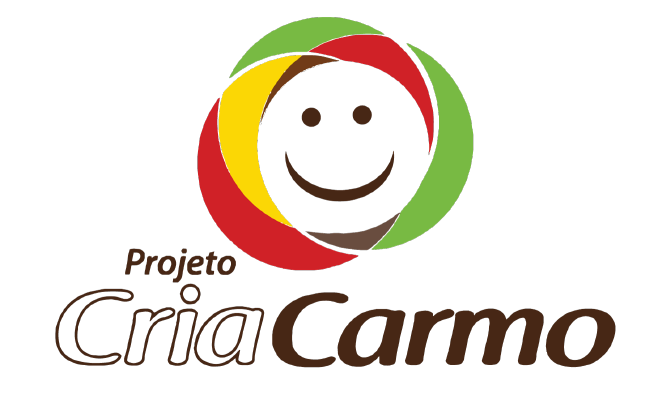
CriaCarmo
The communities that support coffee growers are the unsung heroes of the coffee supply chain. We partner with CarmoCoffees in Carmo de Minas, Brazil, to recognize the support that neighbors, family, and friends provide in order to keep the precious ecosystem of work and life in balance. In 2013, CarmoCoffees started a program called CriaCarmo that provides education, social, and athletic programs for at-risk and underprivileged youth. They work to promote the physical and mental health of students, support up and coming talent in the sports world, and provide a safe space for friendly competition in communities supported by coffee production. Cafe Imports’ partners have given an owners’ equity contribution to the program since its establishment. In 2023, we donated $6,500.
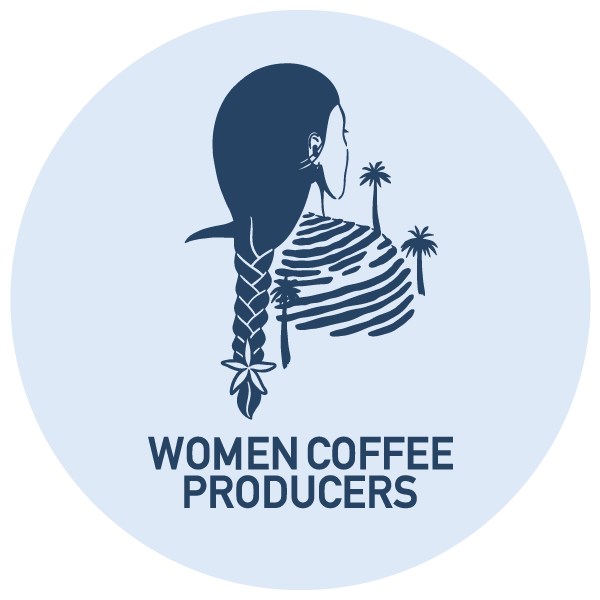
Women Coffee Producers
We’re working to provide equal opportunities for historically disadvantaged groups to participate in the coffee value chain through the Women Coffee Producers program. An initiative designed to help foster gender equity in the coffee-producing world by supporting women coffee farmers, many of whom struggle with disenfranchisement on a legal, social, and/or familial level. To try to bridge the wage gap that women in producing countries experience, we source coffees from women’s associations or the female members of mixed cooperatives, paying a $0.10 per pound gender-equity premium. This year Cafe Imports paid $71,133 in premiums directly to women farmers.
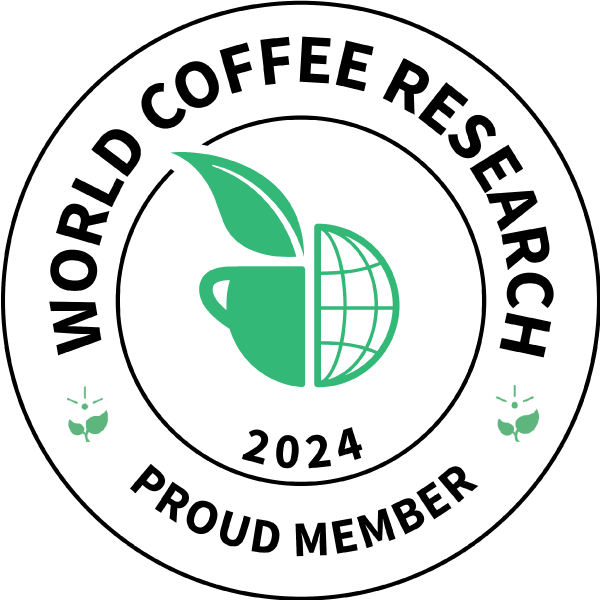
World Coffee Research Checkoff Program
In 2023, we continued to participate in the World Coffee Research (WCR) Checkoff Program. This fund is a voluntary program established by WCR in collaboration with participating importing companies. Any interested customer can decide to have at least one half of one penny ($0.005) added to the price per pound of any coffee purchased through Cafe Imports. (Roasters can also choose another amount; many decide to contribute $0.01 per pound.) The total contribution per sale is calculated and included as a line item on a roaster’s invoice; the funds are tracked and collected by Cafe Imports and remitted directly to WCR on a quarterly basis. This year we collectively donated $8,016 in support of coffee breeding programs, field research, and quality trials.
Donations Close to Home
We’re an adventurous group of people at Cafe Imports and we’ve been supporting access to the outdoors and protection of the Minnesota Boundary Waters for years. We continued that support in 2023 and look forward to adding causes near our Berlin, Melbourne, and San Jose offices in 2024. In 2023, we donated a collective $18,740 to these causes:
Friends of The Boundary Waters
Friends of the Boundary Waters Wilderness has been a prominent advocate for the protection, preservation, and restoration of the Boundary Waters Canoe Area Wilderness (BWCAW) for nearly 50 years. This organization played a key role in the passage of the 1978 Boundary Waters Canoe Area Wilderness Act, instrumental in shaping the BWCAW’s current state. They are committed to safeguarding the wilderness character of the BWCAW against threats and promoting responsible enjoyment of this unique natural area. – Learn More
Friends of Wabakimi
Friends of The Wabakimi (FOW) is an Ontario not-for-profit corporation dedicated to continuing the work initiated by The Wabakimi Project, which involves documenting canoe routes and advocating for the conservation of the natural, cultural, and historical resources in the Wabakimi area. This organization has a membership base that spans across Canada and the United States, with members even as far as Switzerland. FOW’s commitment is towards the preservation and promotion of the wilderness and cultural heritage within the Wabakimi area, encouraging exploration and understanding of this unique region through various projects and initiatives. – Learn More
National Parks of Lake Superior Foundation
The National Parks of Lake Superior Foundation (NPLSF) is the only official nonprofit 501(c)(3) fundraising partner for all five U.S. national park sites located on Lake Superior. It focuses on supporting projects and programs that fall outside the budget of the National Park Service (NPS), addressing areas such as preservation, restoration, and the enhancement of the natural resources and cultural heritage of these parks. Through its efforts, NPLSF aims to fill the funding gaps for initiatives that otherwise might not be possible, ensuring the protection and improvement of these valuable natural and cultural assets for future generations. – Learn More
We also support their excellent podcast! – Give it a Listen
Think your organization or cause is a good fit to partner with Cafe Imports? Contact us at progress@cafeimports.com
Education and Research
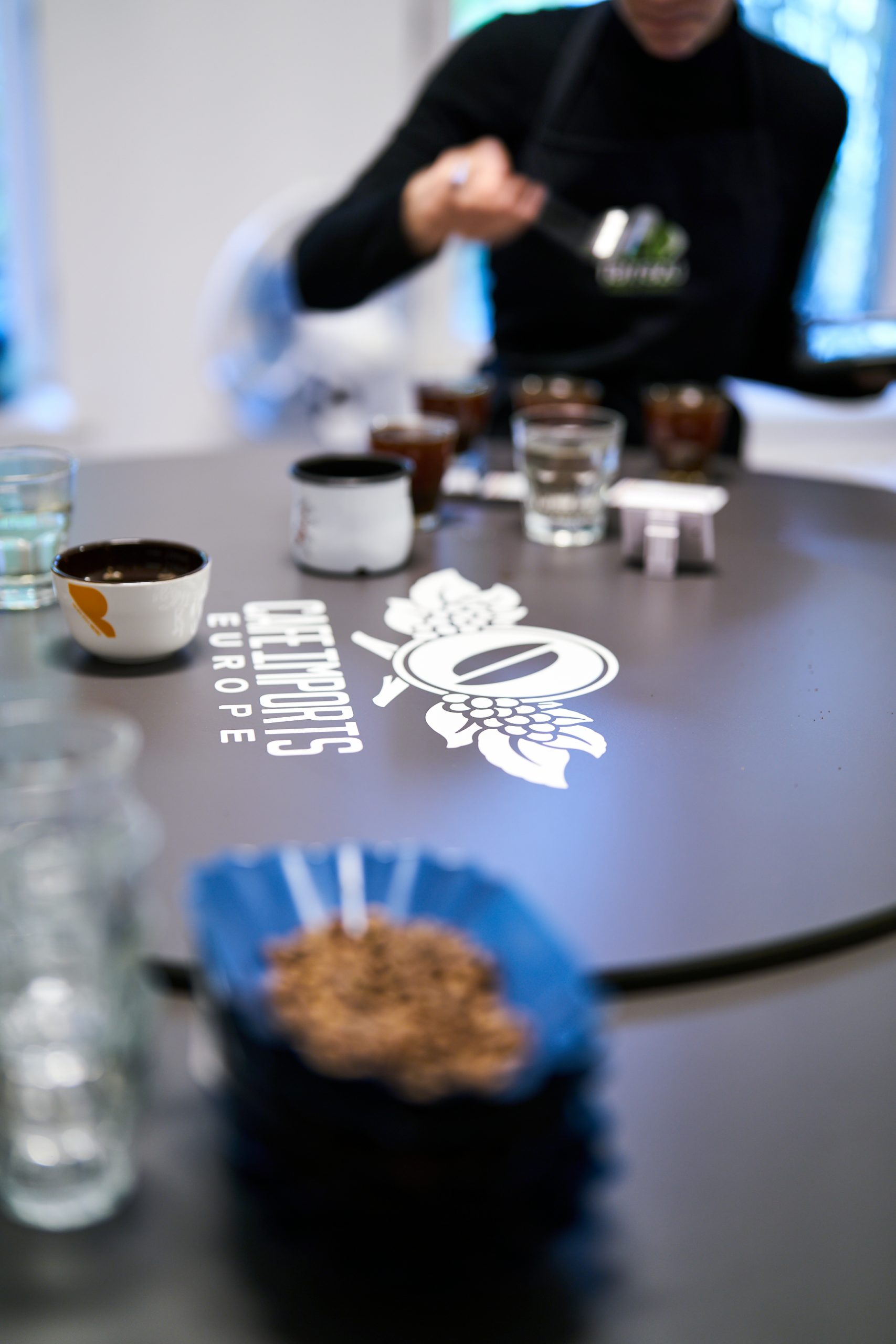
We are perpetual learners and love to share what we have discovered through open-source education, research, reports, and new tools. Be those live classes on coffee plant biology, exploring fermentation methods, delving into the world of cutting-edge sensory analysis methods, busting myths using genetic testing, navigating the shifting landscape of sustainability, or using the data collected by our sourcing team to understand harvest, shipping and arrival timing.
In 2023, we also launched a new education platform called ed+u. The aim of ed+u is to create a comprehensive, free-to-all coffee curriculum that dives into each step of the supply chain. Designed for both students and teachers, each class is released with multiple ways to interact with the content to accommodate all levels of experience:
- Live and recurring webinars
- Recordings of prior classes
- Live and recurring Train-the-Trainer webinars
- Downloadable presentation files
- Downloadable supporting documents for presentations
- An encyclopedic written version of each class’s content
Upon launching the platform, the first ed+u class, “Coffee is: a plant”, was made available over 5 webinars, including 1 Train-the-Trainer session, and 147 people attending.
In 2024, we plan to release more classes, create Spanish-translated versions of all materials, and continue offering monthly webinars.
We are fortunate to have a staff full of experts in their respective fields helping us achieve another education-focused goal: increase our knowledge sharing through videos and blogs. In 2023, our Education, Marketing, Green Buying, and Sensory departments collaborated frequently and –
- Created a new series of 9 origin-specific sourcing videos
- Published 11 education-focused blogs
- Began adding video content highlighting farms and origins to many of our coffee profiles (here is an example)
- We were nominated for a Sprudgie award for our video about anaerobic fermentation as part of our video series on coffee processing.
Customers
We partnered with 1971 customers around the world in 2023. From small new roasters just getting started in the garage, to larger roasters and the people we’ve worked with for decades, they all have one thing in common: their partnership shapes the way we do business. In 2023, the feedback we received from our inaugural stakeholder engagement survey, along with the daily candid conversations with customers, set the course of our BCorp certification and continues to inform how we align both our business and sustainability practices to customer needs.

Looking Forward
Why do we call it a “Progress Report” and why do we publish it in the first place? This question was at the forefront this year as we reflected on our journey in 2023. It was a year of difficult markets, strained global freight systems, and unprecedented climate events that turned the coffee industry and whole world upside down, but it was also a year full of hope, new opportunities, and potential. We choose to use the term “Progress” because making a difference isn’t just a box to be checked or a report to be submitted. It’s a commitment to always put relationships first, minimize our impacts, give back, and perhaps most importantly, remember that it takes us all putting one foot in front of the other to make a meaningful and positive change in this global community we call home.
Thank you for being a part of the journey, we’re looking forward to the path ahead!






























































